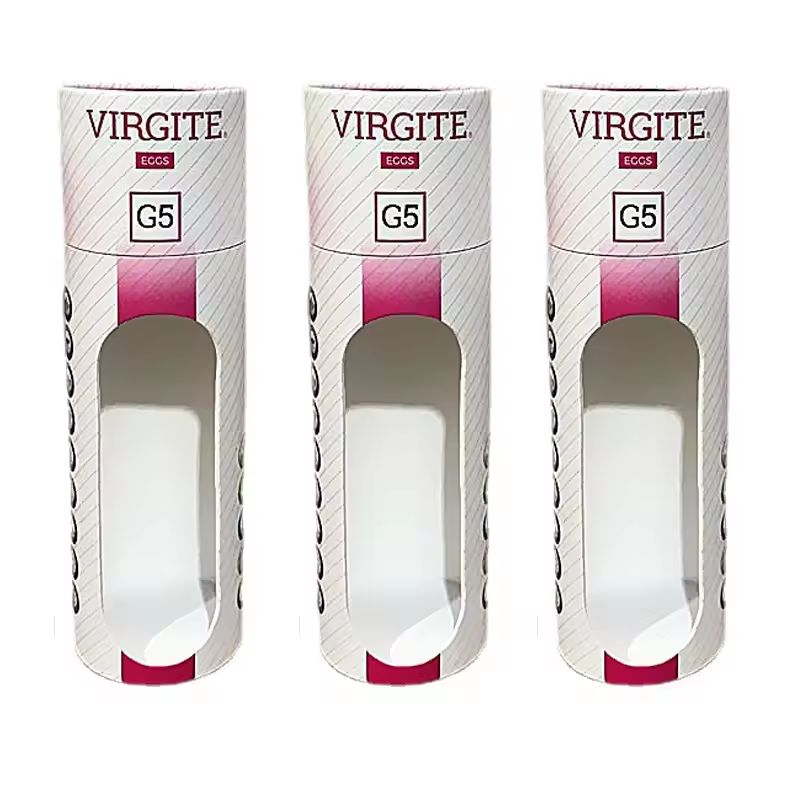
Get In Touch
- [email protected]
- +86 173 180 77353
-
Yantian Port, Yantian District, Shenzhen, Guangdong Province
Postal code: 518085
Certification in paper tube manufacturing serves multiple purposes. It assures consumers and businesses that the products meet specific industry standards and regulations. Certifications can range from environmental sustainability to safety and quality benchmarks. By adhering to these standards, manufacturers can guarantee that their products are reliable, safe, and produced under ethical conditions.
ISO 9001: This certification is fundamental for any manufacturing process. ISO 9001 focuses on quality management systems and ensures that manufacturers adhere to best practices in production, documentation, and customer service. For paper tube manufacturers, this means consistent product quality and continuous improvement.
FSC Certification: The Forest Stewardship Council (FSC) certification is crucial for companies that prioritize environmental sustainability. It guarantees that the paper used in manufacturing comes from responsibly managed forests, supporting ecological balance and reducing deforestation.
PEFC Certification: Similar to FSC, the Programme for the Endorsement of Forest Certification (PEFC) ensures that paper products are sourced from sustainably managed forests. This certification is especially relevant for manufacturers aiming to cater to a global market with high environmental standards.
ISO 14001: This certification focuses on environmental management systems. For paper tube manufacturers, ISO 14001 means adopting practices that minimize environmental impact, such as reducing waste, optimizing resource use, and improving overall sustainability.
Achieving certification involves a thorough process that includes:
Documentation and Assessment: Manufacturers must document their processes and practices. This includes detailing production methods, material sourcing, and waste management practices. An independent auditor then assesses these documents to ensure compliance with certification standards.
Implementation: After the initial assessment, manufacturers must implement any necessary changes to align with certification requirements. This might involve upgrading equipment, refining production processes, or enhancing employee training.
Audits and Reviews: Certification is not a one-time process. Regular audits and reviews are conducted to ensure ongoing compliance. This continuous evaluation helps manufacturers maintain high standards and adapt to any changes in regulations or industry practices.
Enhanced Marketability: Certified products often have a competitive edge in the market. Certifications serve as a mark of quality and trust, making it easier for manufacturers to attract environmentally conscious consumers and business partners.
Regulatory Compliance: Certifications help manufacturers comply with industry regulations and standards. This minimizes the risk of legal issues and ensures that products meet safety and quality requirements.
Sustainability and Ethical Practices: Certifications like FSC and PEFC promote environmental stewardship and ethical practices. This not only benefits the planet but also aligns with the values of consumers and businesses that prioritize sustainability.
Operational Efficiency: Implementing certification standards often leads to improved processes and practices. This can result in cost savings, reduced waste, and overall operational efficiency.
Certified paper tube manufacturing is more than a trend—it’s a commitment to quality, compliance, and sustainability. By achieving and maintaining certification, manufacturers can ensure their products meet the highest standards and contribute to a more sustainable future. As the demand for eco-friendly and high-quality packaging solutions continues to grow, certification will remain a crucial element in driving industry excellence and consumer confidence.

In the ever-evolving world of packaging, the need for sustainable, functional, and aesthetically pleasing solutions has never been more critical.
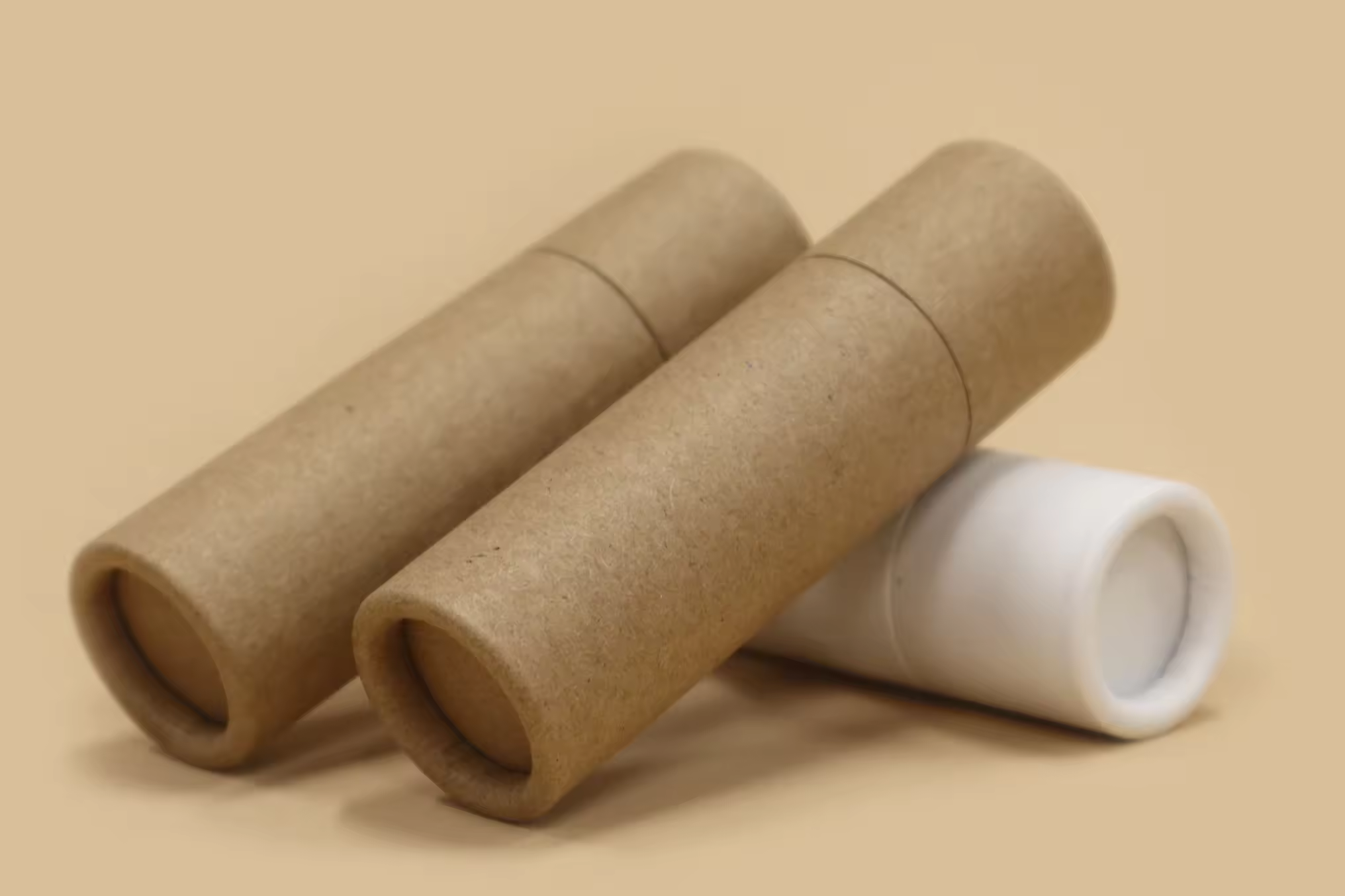
Selecting the right paper tube supplier is crucial for ensuring that your packaging meets both your product requirements and sustainability goals.
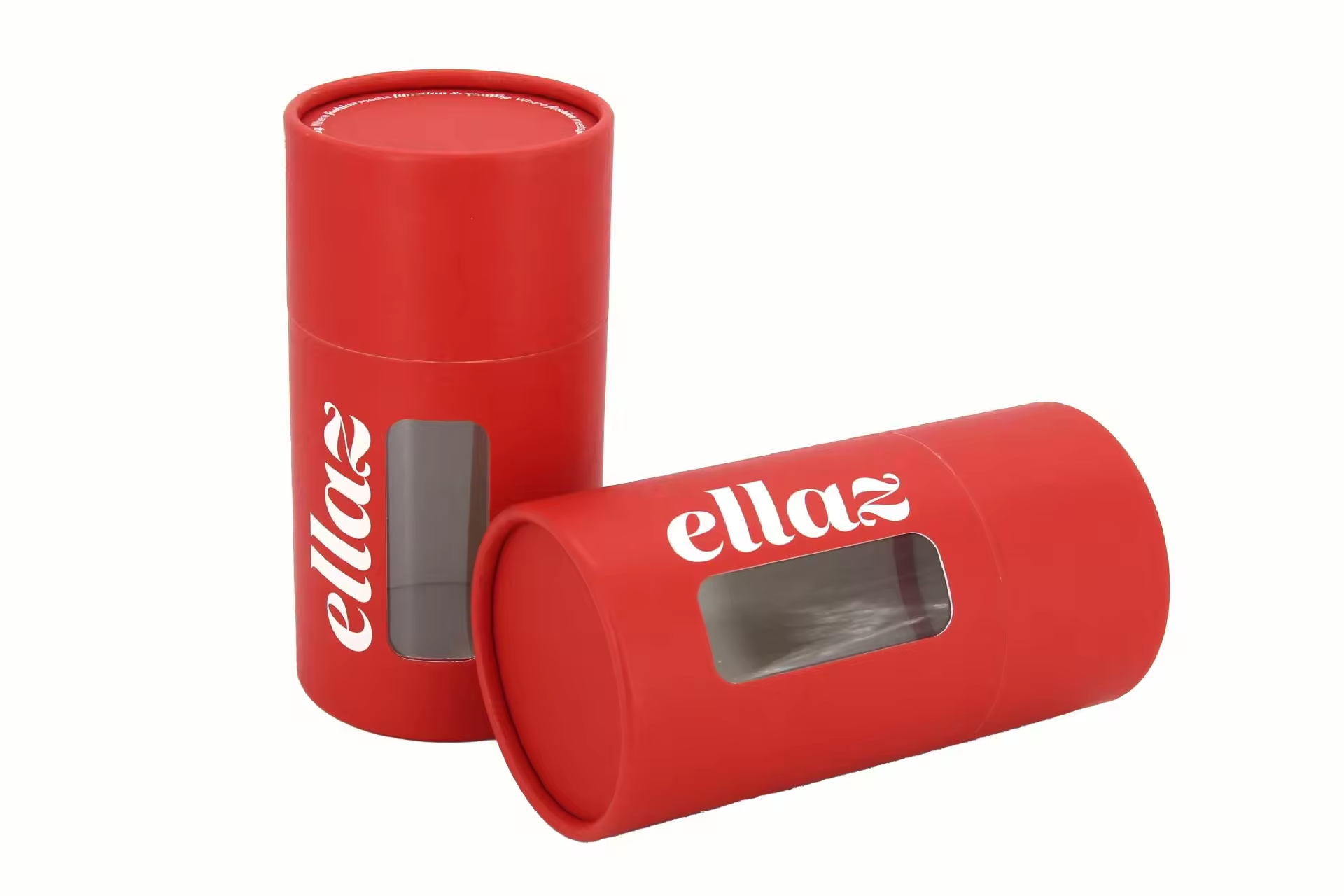
As the world increasingly shifts towards sustainable practices, businesses are seeking packaging solutions that not only protect their products but also align with eco-conscious consumer values.
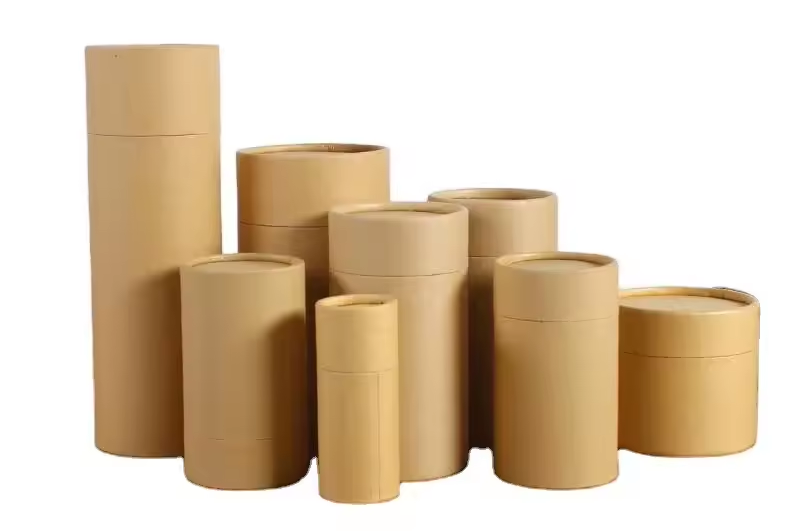
In today’s fast-paced market, businesses are constantly seeking ways to enhance efficiency and meet consumer demands swiftly.
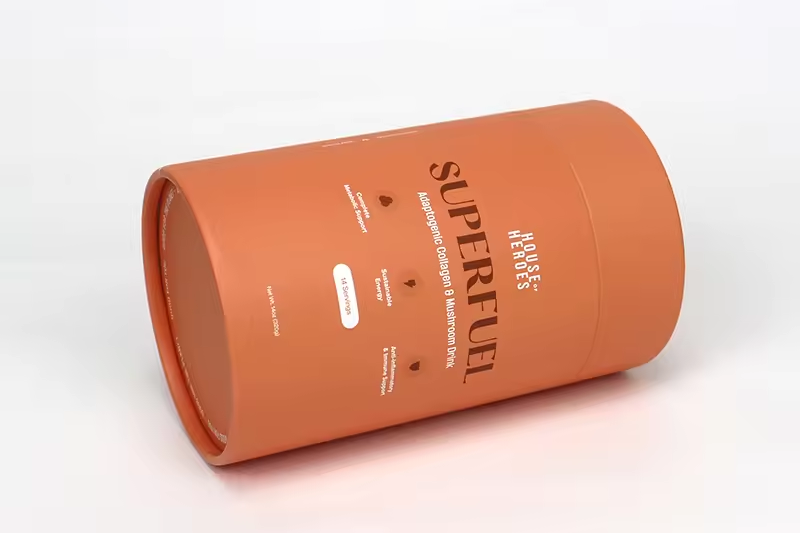
As the world increasingly shifts towards sustainable practices, businesses are seeking eco-friendly alternatives to traditional packaging materials.
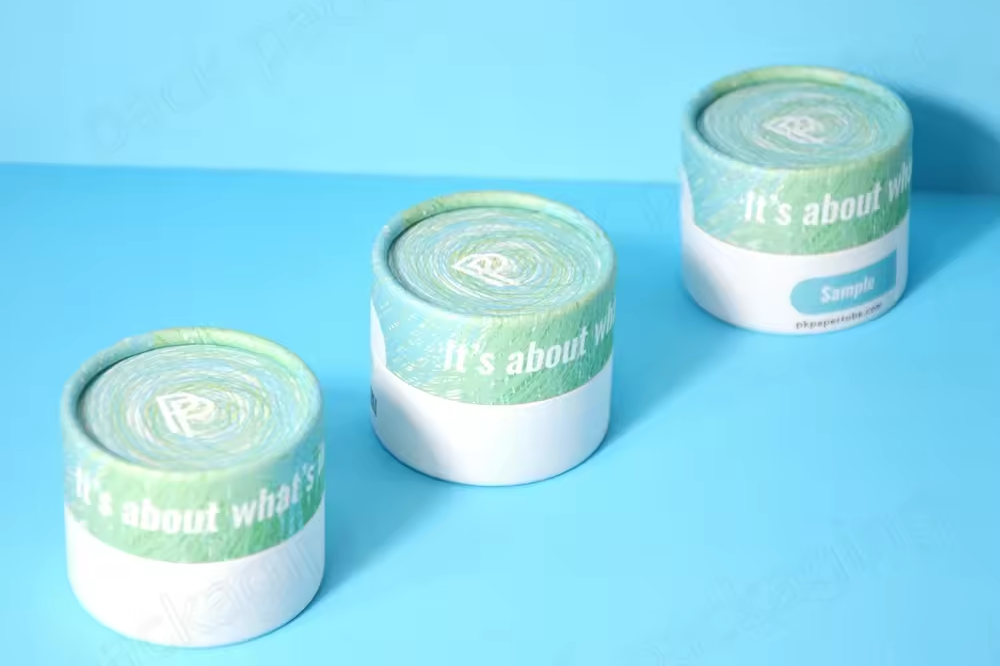
Paper tubes are increasingly recognized as a sustainable alternative to traditional plastic packaging.
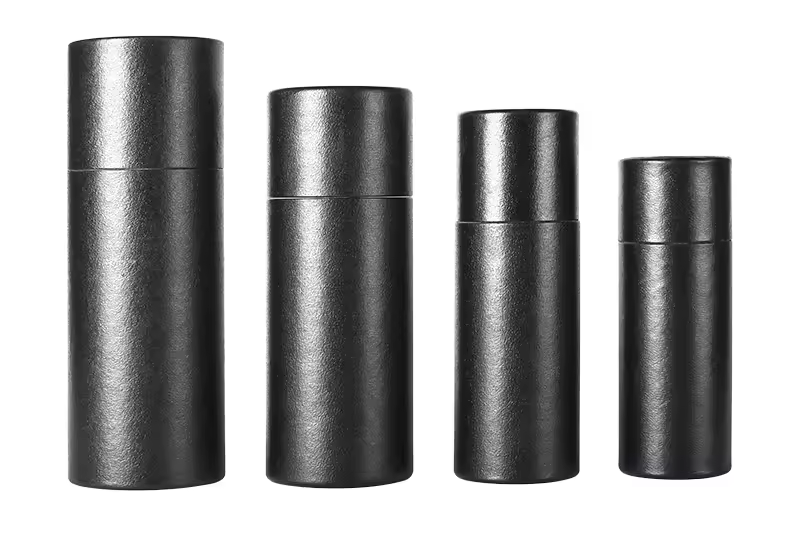
In a world increasingly aware of environmental issues and the urgent need for sustainable practices, product packaging has come under scrutiny.
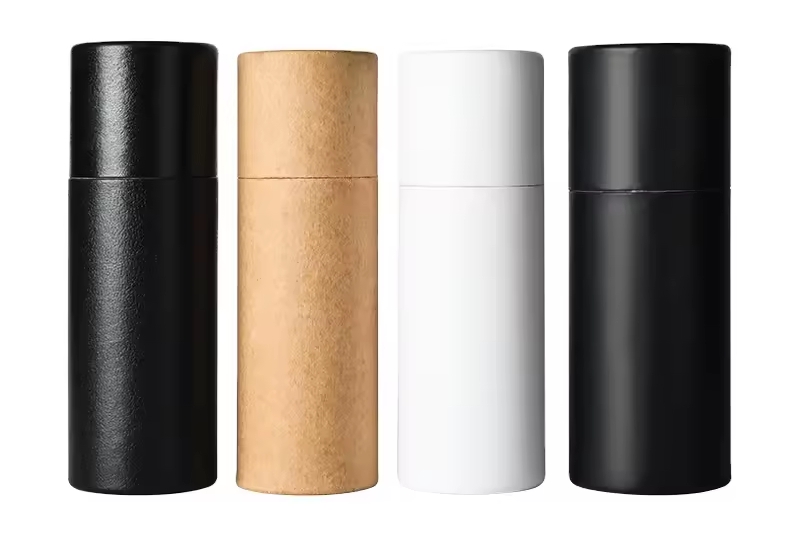
In today’s competitive market, packaging plays a crucial role in attracting customers and enhancing brand identity.
Didn’t find what you want?Ask our manager for help!